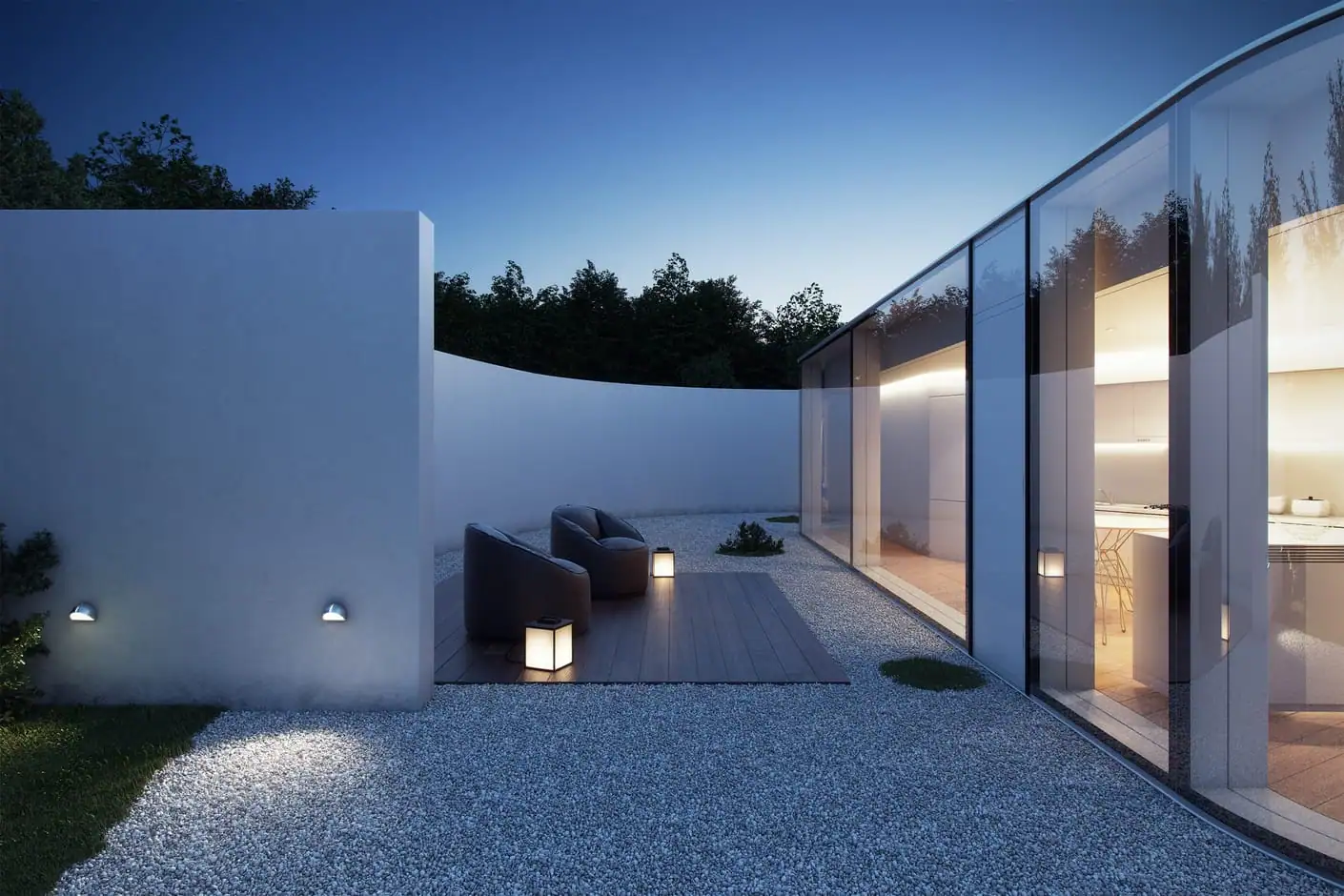Glass roofs for extensions are becoming an increasingly popular choice for homeowners looking to add extra living space and natural light to their homes. Glass roofs offer a stylish and contemporary look that can enhance the appearance of any home while providing numerous benefits. In this article, we’ll explore the advantages of glass roofs for extensions, the different types available, and what you need to consider before installing one in your home.
Advantages of glass roofs for extensions
There are many advantages to adding a glass roof to your extension, including:
Natural light – A glass roof allows plenty of natural light to flood into your home, creating a brighter and more inviting living space.
Energy efficiency – Glass roofs are often made with energy-efficient materials, which can help to reduce your energy bills and carbon footprint.
Aesthetics – Glass roofs offer a sleek and modern look that can enhance the appearance of any home.
Versatility – Glass roofs can be used for a wide range of extension styles, including conservatories, orangeries, and flat roof extensions.
Durability – Modern glass roofs are designed to be strong and durable, and can withstand a range of weather conditions.
Types of glass roofs for extensions
There are several different types of glass roofs available for extensions, including:
Double glazed glass roofs – Double glazed glass roofs are a popular choice for homeowners, as they provide excellent insulation and noise reduction.
Triple glazed glass roofs – Triple glazed glass roofs offer even greater insulation and noise reduction than double glazed roofs, making them ideal for homes located in noisy or cold areas.
Tinted glass roofs – Tinted glass roofs are designed to reduce the amount of heat and glare entering your home, making them ideal for sunny climates.
Self-cleaning glass roofs – Self-cleaning glass roofs are coated with a special surface that prevents dirt and grime from sticking to the glass, making them low-maintenance and easy to clean.
Thermally broken glass roofs – Thermally broken glass roofs have a special layer of insulation that helps to prevent heat loss, making them an excellent choice for energy-efficient homes.
Things to consider before installing a glass roof for your extension
Before installing a glass roof for your extension, there are several things to consider, including:
Planning permission – In some cases, planning permission may be required before installing a glass roof, so it’s important to check the regulations in your area before starting the project.
Budget – Glass roofs can be a significant investment, so it’s important to have a realistic budget in mind before starting the project.
Design – The design of your glass roof should complement the existing style of your home and be functional for your needs.
Contractors – It’s important to choose a reputable contractor with experience in glass roof installations to ensure that the work is completed to a high standard.
In conclusion, glass roofs for extensions offer numerous benefits, including increased natural light, energy efficiency, versatility, and durability. There are several different types of glass roofs available, including double glazed, triple glazed, tinted, self-cleaning, and thermally broken, so it’s important to choose the right one for your needs. Before installing a glass roof, it’s important to consider factors such as planning permission, budget, design, and contractors. With the right planning and contractor, a glass roof can be a smart investment for your home that enhances its appearance and increases its value.




